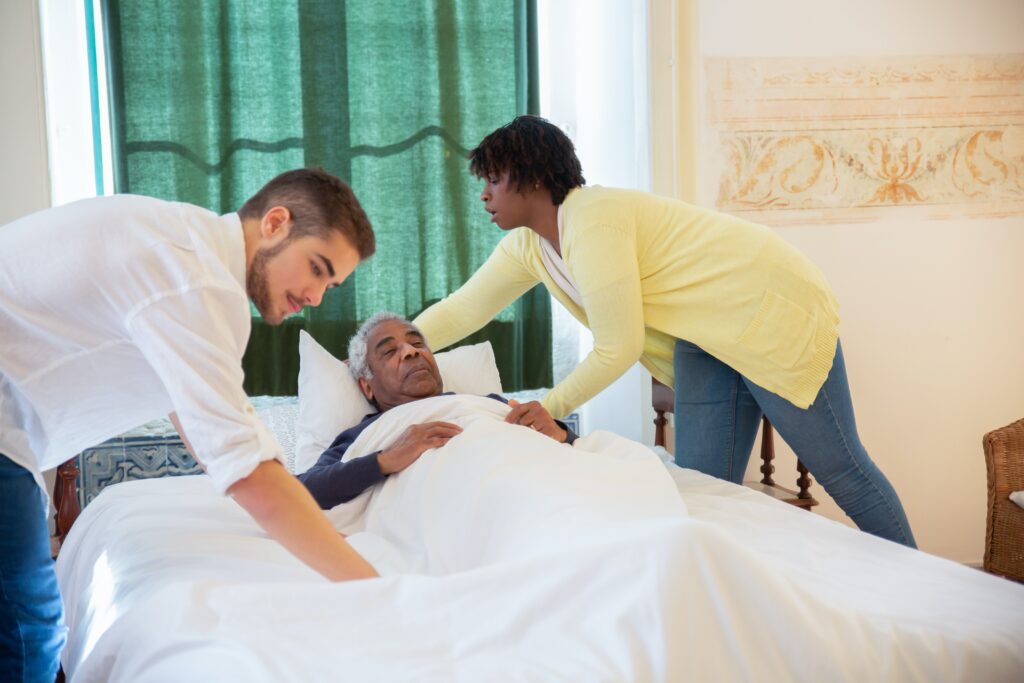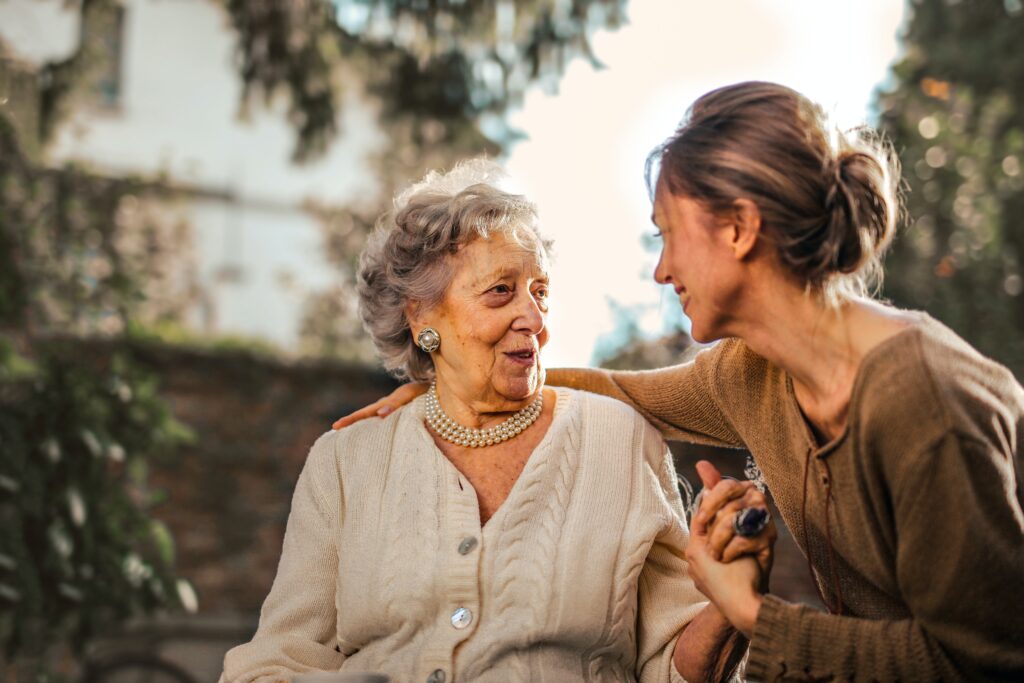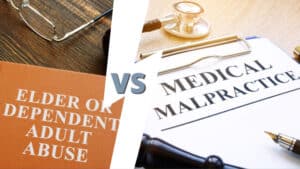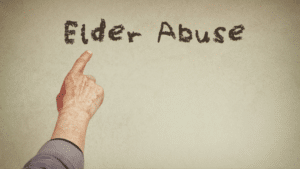Elder abuse happens every day in nursing homes, assisted living facilities, and private residences across the country. It is not an isolated issue: according to the National Council on Aging, one in 10 Americans over age 65 have experienced some form of elder abuse. In 60 percent of cases, the perpetrator is a family member. Although elder abuse is prevalent, only approximately one in 14 cases are actually reported to authorities.
If you suspect your loved one is being abused by his or her caregivers, you can take action to have the issue corrected and in some cases, your loved one’s damages compensated. Do not wait to report the abuse or to start working with a lawyer who can help you be the best advocate possible for your loved one.
Recognizing the Different Types of Elder Abuse in California
Elder abuse comes in many forms. Sometimes, an individual only faces one type of abuse. In other cases, he or she faces multiple types at once. Learning how to recognize each type of elder abuse can help you to be a better advocate for your loved one. Types of elder abuse are as follows:
Emotional Abuse
When an individual faces emotional abuse, he or she is criticized, belittled, and made to feel like he or she does not matter. This can include rude remarks, name-calling, and destruction of his or her personal property. An emotionally abused individual might become withdrawn, irritable, or fearful.
Psychological Abuse
Like emotional abuse, psychological abuse chips away at a victim’s sense of self worth. Instead of preying on his or her feelings, though, psychological abuse is an attack on his or her perception and understanding. Individuals who face psychological abuse often become socially withdrawn, full of self doubt, and anxious.
Physical Abuse
Physically harming an individual in any way – whether it is hitting or depriving them of medical care – is abuse. Signs of physical abuse include bruises, scars, and a worsened health condition.
Sexual Abuse
Any nonconsensual sexual contact is sexual abuse. Bruises, genital discharge, and symptoms similar to those for psychological abuse are signs of sexual abuse.
Financial Exploitation
Elderly individuals are often targets of scams and theft. If your loved one suddenly has new charges on his or her account, sudden large withdrawals of money, or changes to his or her will, he or she could be facing financial exploitation.
Neglect
When a caregiver fails to care for an individual properly, the victim suffers from neglect.
What to Do if you Suspect your Loved One is Being Abused
Do not turn a blind eye to abuse. If you even think your loved one is being abused or at risk of facing abuse, speak up and express your concerns with his or her caregiver. When you express your concerns, there are two possible outcomes that can follow:
- Your loved one’s caregiver explains the issues that you bring up, such as weight loss or mood swings, in a reasonable manner. For example, a medication change or a condition’s progress can change an individual’s demeanor or physical composition dramatically; or
- You do not receive satisfactory answers and you confirm that you need to take action. This does not necessarily mean your loved one is being abused, but it does mean that abuse is a possibility and that you should investigate your suspicions further.
If your loved one is in immediate danger of being harmed, call 911 to have emergency services attend to him or her. If you feel you have grounds to file an elder abuse claim, use the Eldercare Locator to find local reporting agencies. This will help you connect with agencies like the California Department of Social Services’ Adult Protective Services to report the abuse. Keep a record of your report – if you file an elder abuse claim, it will be an important piece of evidence to support the claim.
Gather as much information about the situation as possible to include in your claim. Information you should provide includes:
- Your loved one’s name;
- The facility where you believe the abuse occurred;
- The name of the staff member you believe is responsible for the abuse. If there are multiple staff members you think were at fault, or if you believe the abuse occurred wholly or in part because of poor management in the facility, include the manager’s and other staff members’ names in the report;
- The type of abuse you think occurred;
- The date and time the abuse occurred, if you know or can reasonably estimate; and
- The names of any witnesses who can provide testimony to support your report.

Seeking Compensation for Elder Abuse Damages
As your loved one’s advocate, it is your job to pursue compensation for the damages he or she suffered because of the abuse he or she faced. Through your elder abuse claim, you can pursue compensation for the following damages:
- Your loved one’s medical expenses;
- Your lawyer and court fees;
- The cost of moving your loved one to a new facility; and
- Any additional damages your loved one suffered, such as the emotional trauma of abuse or chronic physical pain linked to it.
Just as you are your loved one’s advocate, your lawyer is your advocate. It is his or her job to work on your behalf to pursue sufficient compensation for your loved one’s damages and negotiate an appropriate settlement with the facility’s insurance provider. Your lawyer might determine it to be necessary that you litigate the case, which means the court will rule on its outcome.
Work with an Experienced Elder Abuse Lawyer in LA
If your loved one is being abused, it is your job to advocate for him or her and seek compensation for your loved one’s damages when he or she cannot do this for him- or herself. As your Los Angeles elder abuse lawyers, it is our job to help you gather evidence to support your claim or lawsuit and work hard to help you recover the compensation your loved one needs. To discuss your case with us further and learn more about pursuing monetary compensation for the damages your loved one suffered because of elder abuse, contact our team at Dolan Law Firm today to set up your free case evaluation.












